Coordinator:
Maike Langini, UK
The current priority goals of the EuPA Education Committee (EC) are:
- Organize European-wide workshops and courses to promote and enhance the quality of proteomics knowledge through the life sciences community, general public and governmental bodies.
- Setup and promote European-wide scientific exchange programs for young researchers to enhance their scientific career and promote cultural exchanges throughout Europe.
Members of the Education Committee:
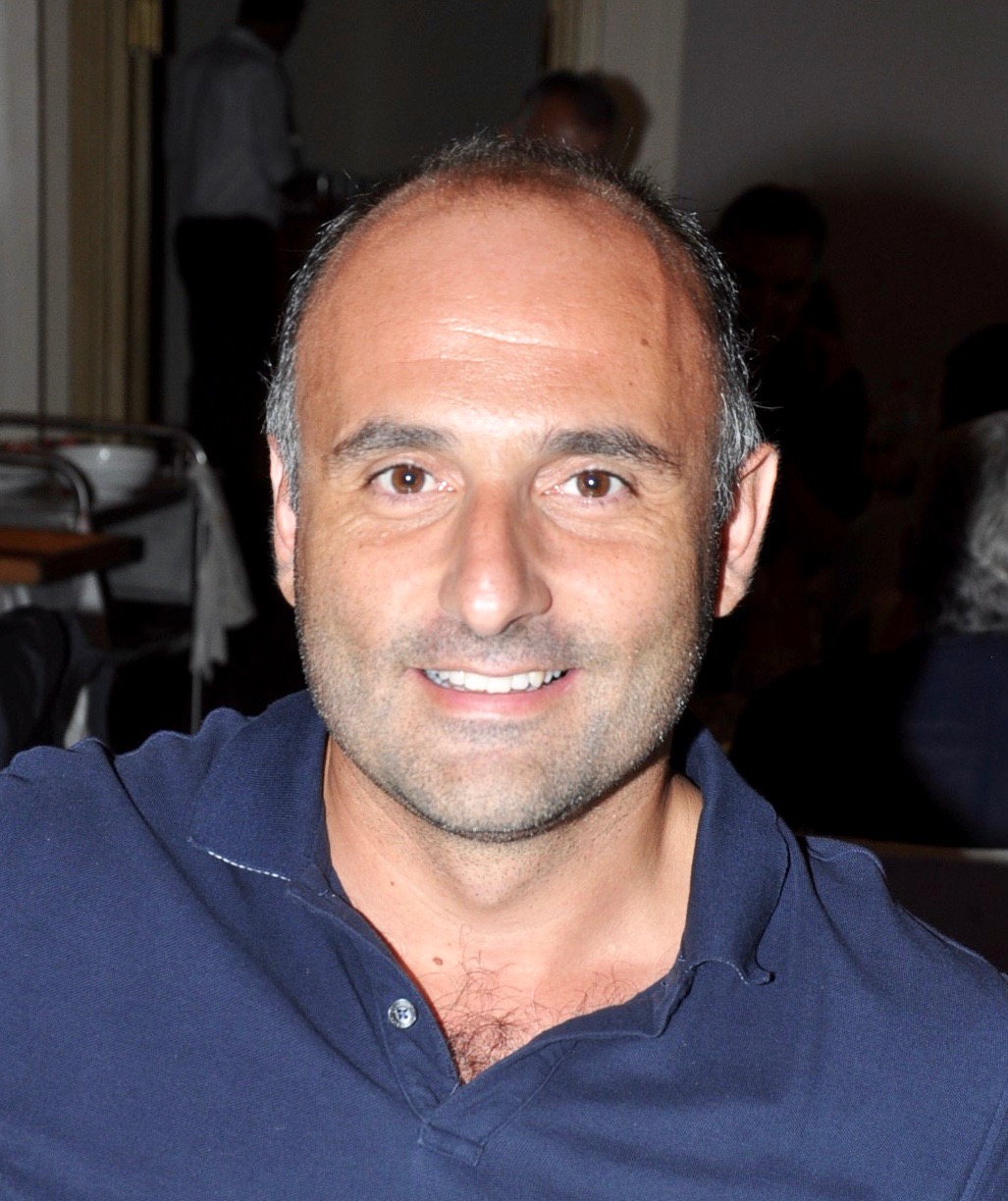
Michalis Aivaliotis, Greece (2023-)
“Educating students, young scientists and researchers, as well as scientists from other disciplines in proteomics is an essential activity for the present and the future of biosciences. EuPA should
have a leading role in this direction providing high quality educational activities and I am very excited to be part of this effort.”
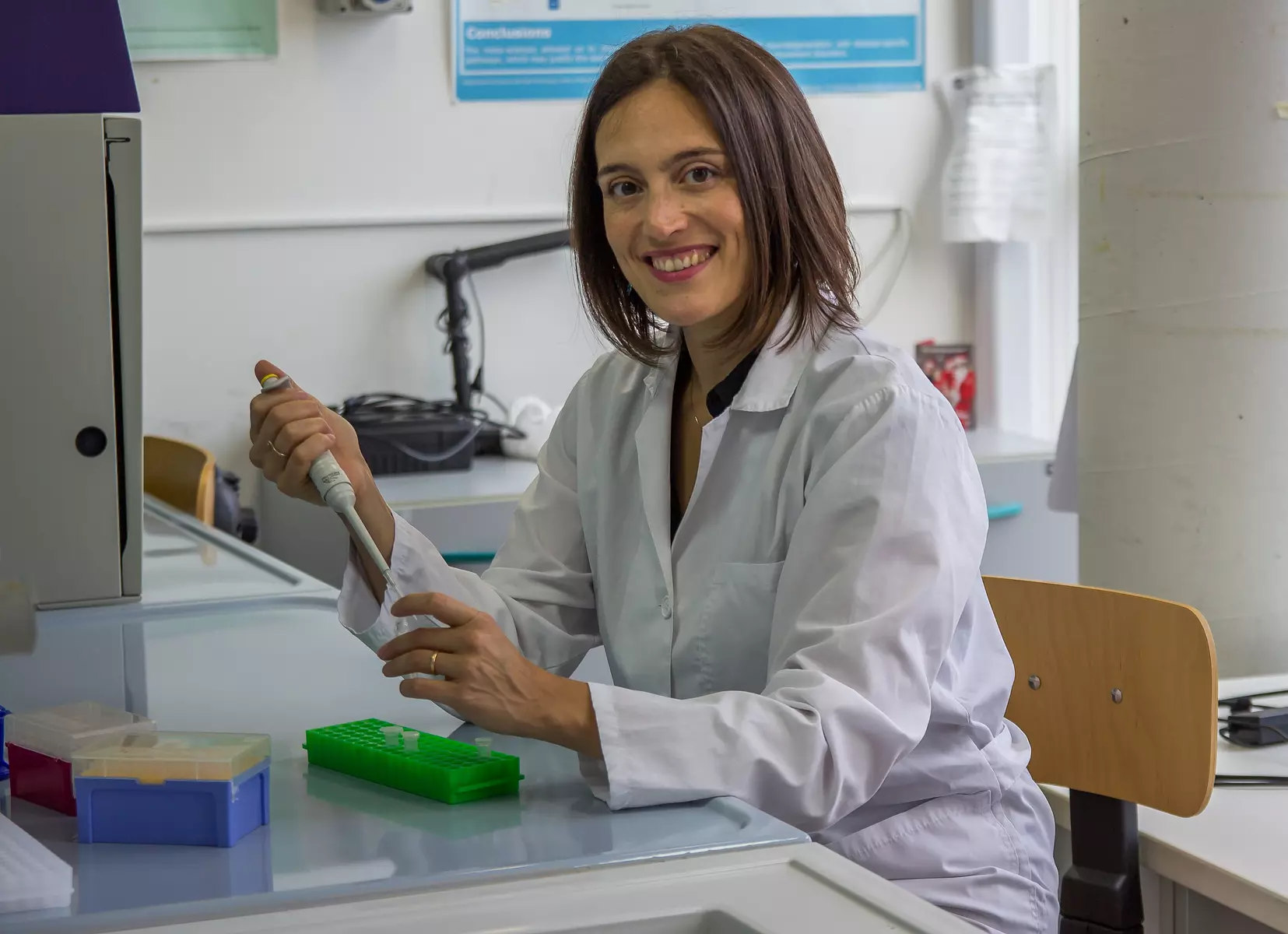
Tiziana Alberio, Italy (2021-)
“Education is one of the most important goals in the life of a Scientific Society. Education means both the networking of people already in the field (especially young investigators) and the advertisement of the potentiality of proteomics to other scientific and biomedical communities. Both activities can bring new ideas and integrate proteomics in several scientific disciplines”.

Christine Carapito, France (2021-)
“I do believe that the raison d’être of a community lies in its ability to accompany and see its offspring grow and, in this regard, I am fully engaged and committed to ensure that education remains a central pillar of the EuPA organization.”

Montserrat Carrascal, Spain (2021-)
“Over the years, EuPA has proven its value in transferring knowledge to the proteomics community. I am happy to contribute to this task and I am willing to participate in the organization of new meetings and training activities. I am sure that many new participants will benefit from these activities and the opportunity to exchange experiences.”

Tine Claeys, Belgium (2023-)
“As a member of the Education Committee in EuPA, I aim to expand my impact beyond my individual research endeavors. I’m focused on helping proteomics researchers tackle the challenges of bioinformatics. My goal is to make this complex field more approachable through workshops and classes, empowering everyone to excel in proteomics.”
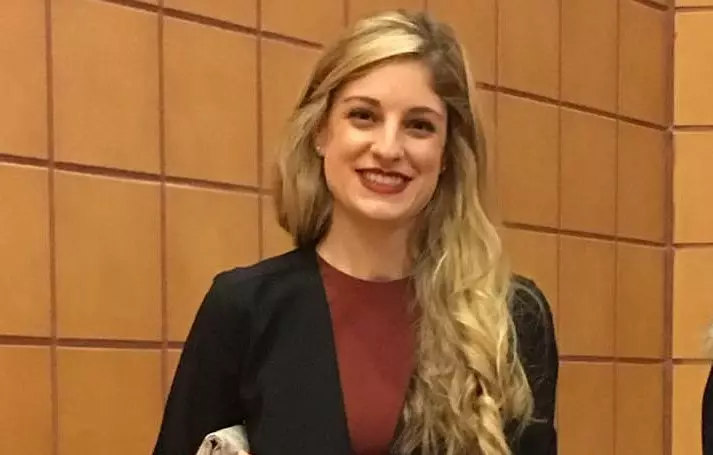
Angeliki Katsafadou, Greece (2021-)
“Proteomics applications and techniques need to be introduced and taught further to the science and health community, in order to shed light to proteomics capabilities and enhance collaborations.”
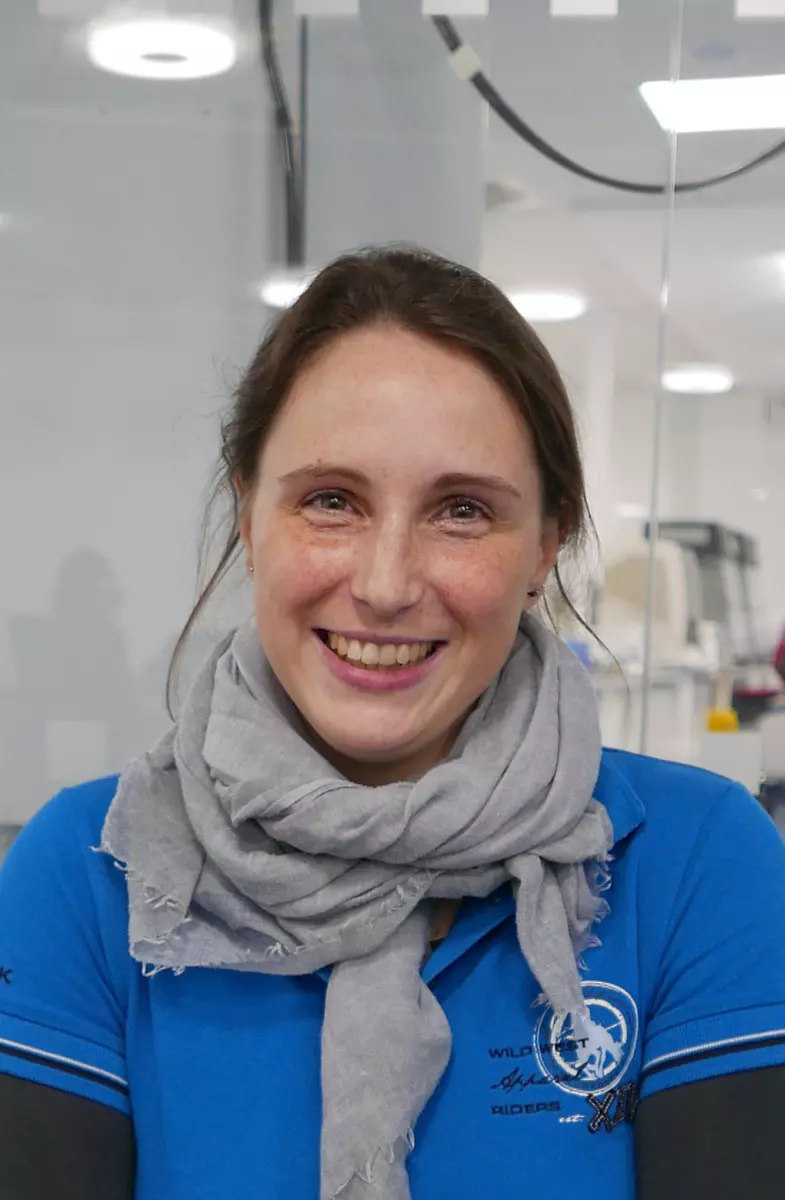
Maike Langini, UK (2021-)
“I hope to add an ECRs viewpoint to this group as well as simplify the collaboration between this committee and the Young Proteomics Investigators Club (YPIC). Looking forward to continue and build onto the existing activities of the previous committee.”

Christina Ludwig, Germany (2021-)
“If we manage to teach non-proteomic-experts about the power as well as the limitations of proteomics, this will impact life sciences in many ways and truly transform the way how scientific projects are carried out for many scientists all over the world. I do see my aims in EuPA in spreading, advertising and teaching the great potentials of proteomics.”
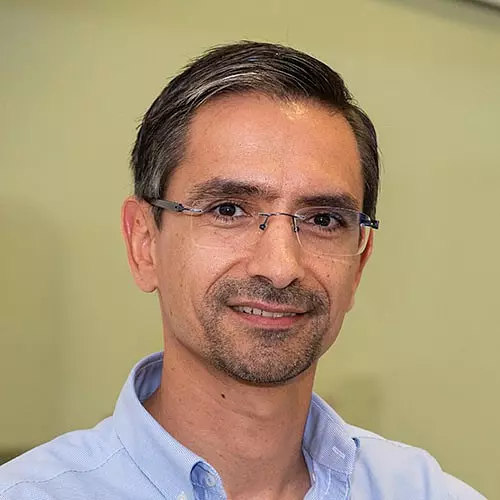
Bruno Manadas, Portugal (2021-)
“As a scientific tool, proteomics allows me to search for better fundamental knowledge that can be used as potential therapeutic targets and search for new biomarkers. The quest for the answers can lead to a better understanding and quality of life that drives my research. This future proteomics research will be conducted by the creative scientists who are the present young and curious students whose thirst for knowledge needs to be fulfilled.”
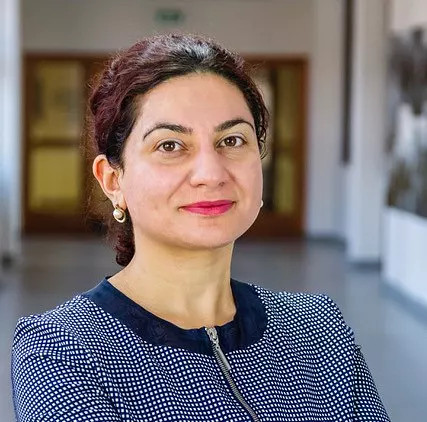
Nurhan Ozlu, Turkey (2021-)
“It is rather important to encourage young talented scientists to study in the proteomics field. As a member of EUPA education community I aim to encourage young scientists to participate in exchange programs and educational activities to facilitate the exchange of information and technology in different disciplines and regions of Europe.”
Previous members of the Education Committee:
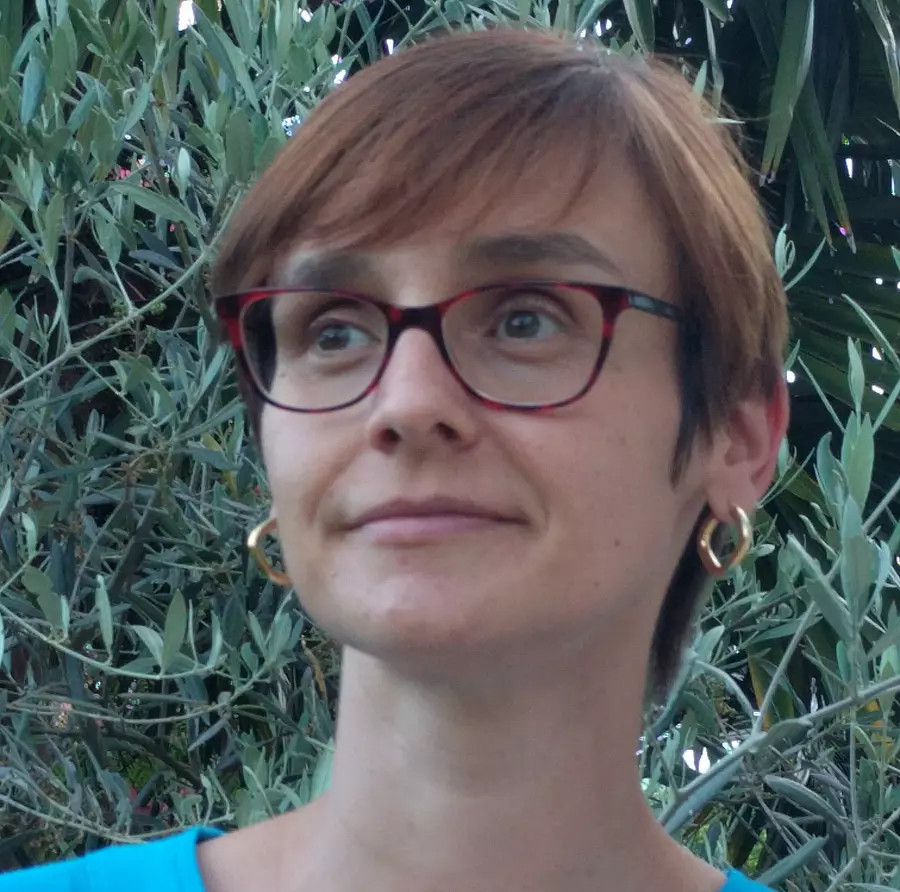
Delphine Pflieger
“I will be glad to illustrate the power of proteomics to characterize the wealth of protein post-translational modifications, and the interest of combining diverse omics data to get a more complete picture of cellular mechanisms, because various molecules co-exist and regulate each other in the cell.”

